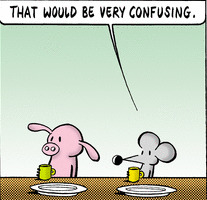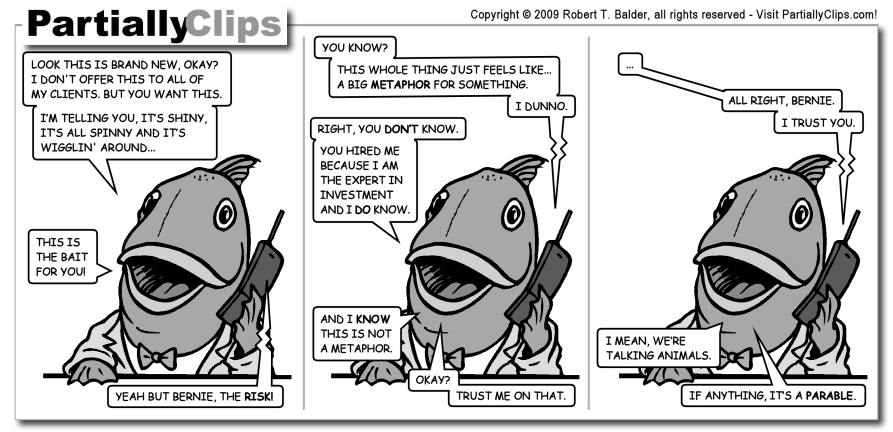End times at hand
 It's almost over. The English Language WordClock is ticking inexorably towards its zero hour early Wednesday morning, marking the imagined birth of the mythical millionth English word. But what will happen then?
It's almost over. The English Language WordClock is ticking inexorably towards its zero hour early Wednesday morning, marking the imagined birth of the mythical millionth English word. But what will happen then?
The Million Word March FAQ over at the Global Language Monitor is silent on this subject. None of the journalists interviewing Paul Payack, the PR genius behind this exercise, have asked him the simple question, "And then what?"
Mr. Payack has volunteered the opinion that "The million word milestone brings to notice the coming of age of English as the first truly global Language". But a disturbing tweet from Prof. Warren Rice at Miskatonic Community College warns of a darker possibility:
The millionth word is the key to the gate, whereby the spheres meet. Their hand is at your throats, yet ye see Them not. Our only hope is t
Read the rest of this entry »



